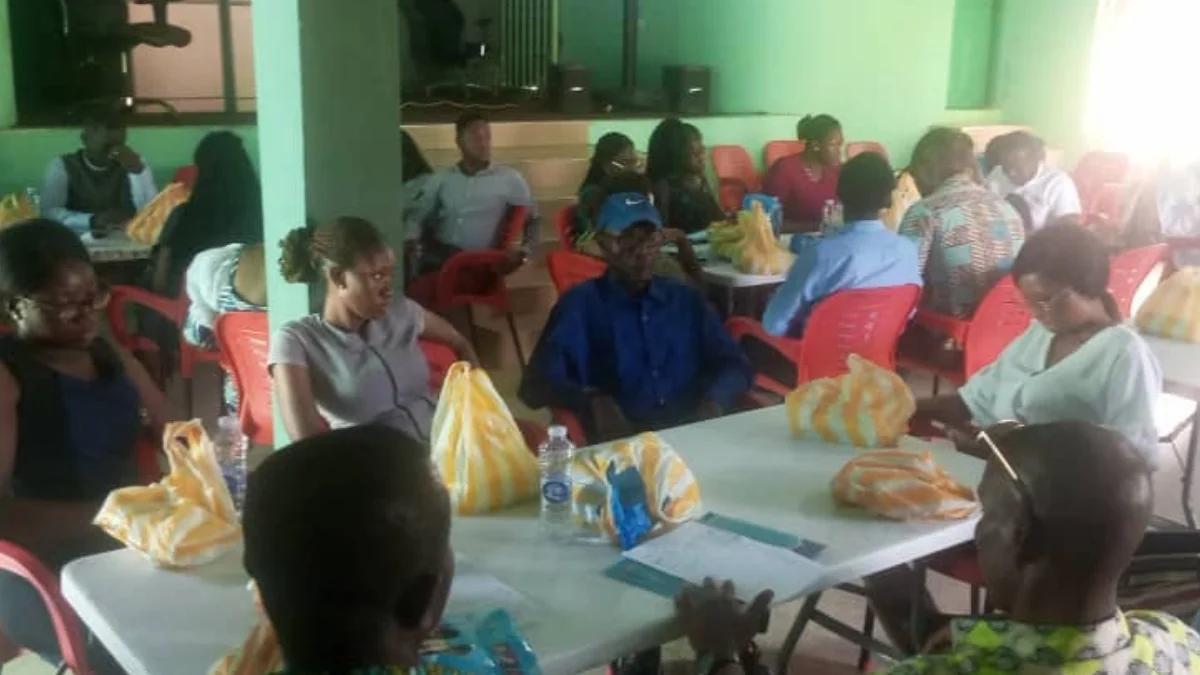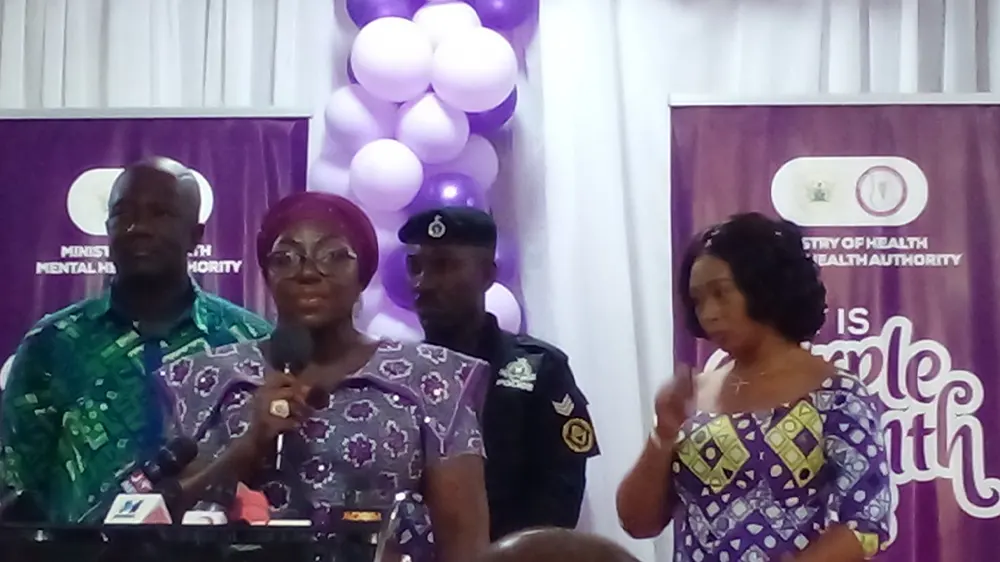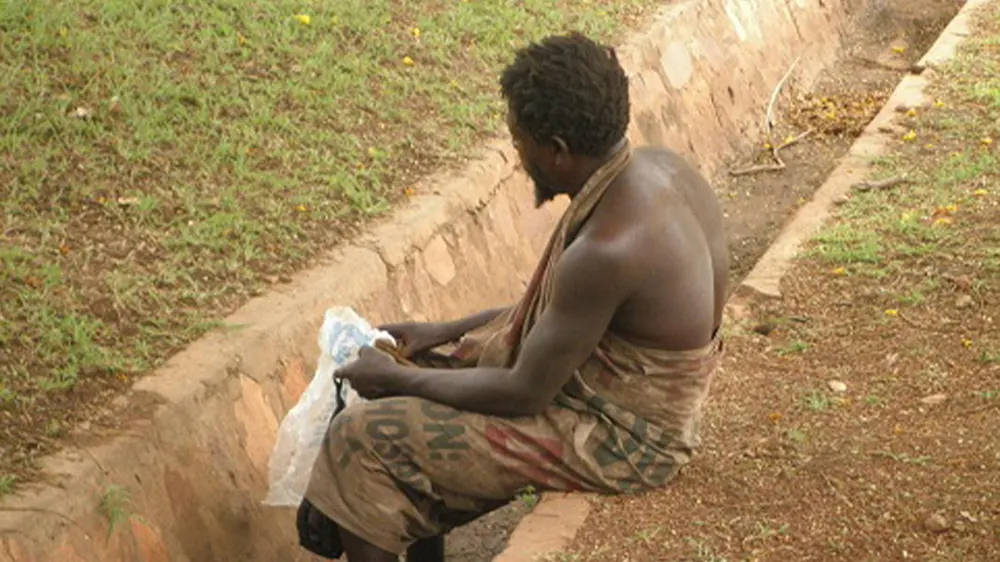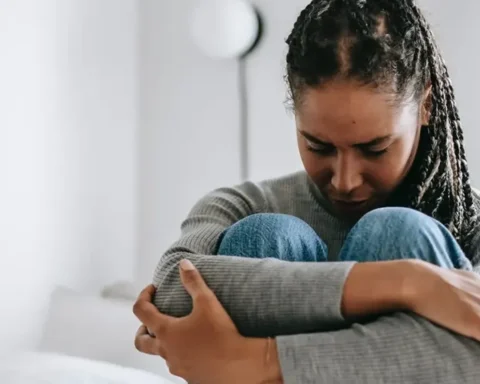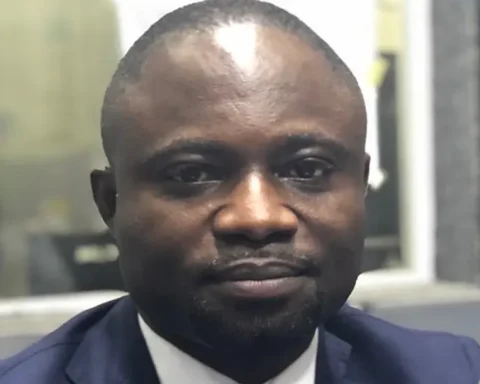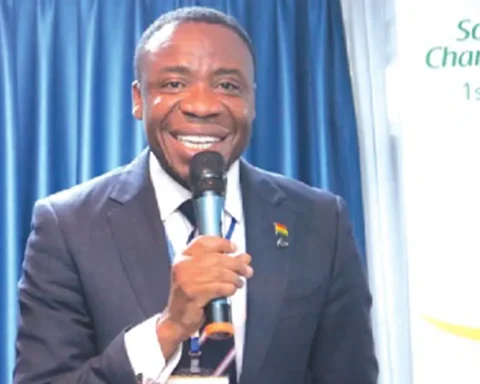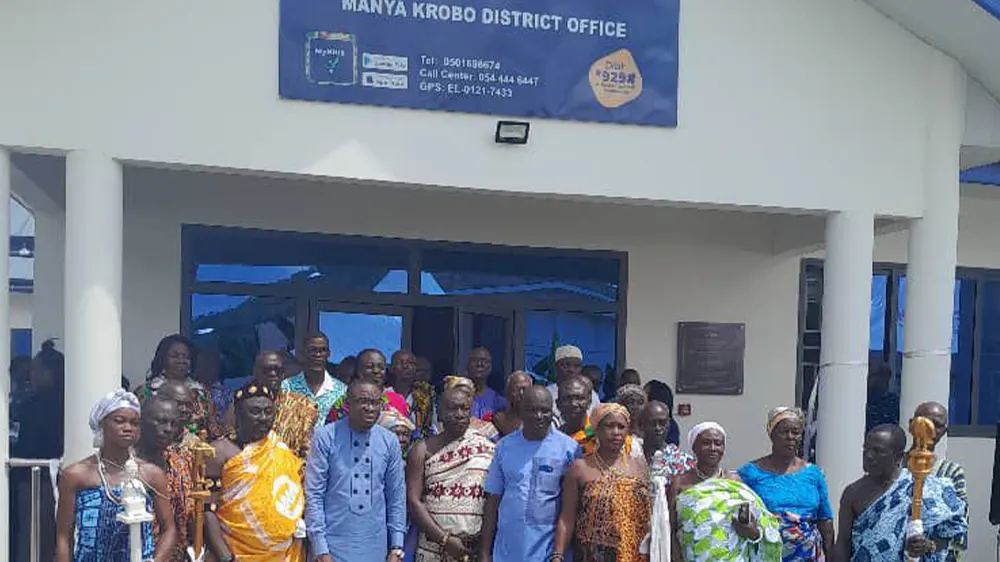Panelists at a stakeholders' forum dedicated to enhanced advocacy for children with visual impairments have issued a plea to parents, urging them not to abandon these children but to provide continuous love, care, and support for their overall well-being.
The child rights activists highlighted the prevalent issue of stigmatization faced by people with special needs within families and society, emphasizing its adverse effects on the victims' self-worth, often leading to mental health challenges.
The recent incident of a day-old ‘special baby' abandoned in the bush at Kasoa-Ofaakor in the Awutu Senya East Municipality of the Central Region served as a poignant example.
Despite modest gains in children's rights since Ghana's ratification of the UN Treaty over three decades ago, the panelists expressed concern about persisting discriminatory cultural practices inhibiting the rights of children with special needs.
Rev. Samuel Kwame Antwi, Coordinator of the Cape Coast Local Council of Churches, representing faith-based organizations, urged believers to care for those in need and support individuals facing challenging situations, emphasizing that no person with a disability is worthless.
Mr. Okine Mustapha Aryee, the Cape Coast Metro Social Welfare Director, encouraged people with disabilities to register for free National Health Insurance to access quality healthcare services. The Department is actively working on community-based rehabilitation programs for people with disabilities (PWDs) and other vulnerable groups to enhance access to social welfare services.
Mr. Fred Mac-Ocloo, Principal Civic Education Officer with the National Commission for Civic Education (NCCE), called on local assemblies to prioritize data collection of PWDs to address their specific concerns.
He also emphasized the importance of supporting civic outreach activities in schools, communities, and groups while advising parents not to abuse the rights of children with disabilities.
Hajia Salamatu Gausu, the Metro Special Education Coordinator, commended the government's commitment to providing quality and inclusive education despite economic challenges.
She urged all stakeholders, both state and non-state actors, to view the implementation of inclusive education as a collective responsibility for its sustainability.
The overarching message from the forum was the need for society to replace stigmatization with support and encouragement, recognizing the potential within every individual, irrespective of their abilities.

